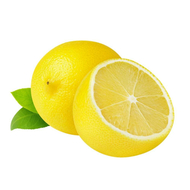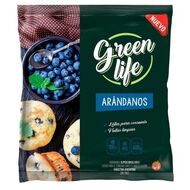General
Nutritional information
Lemon exercises several benefits on the cardiovascular system in cases of arteriosclerosis and arterial hypertension, because citrus acids help oxidize and eliminate fats that hinder the work of the heart and are a great solvent of toxic substances in blood plasma. For all these cases, it is recommended to drink the juice of one lemon on an empty stomach mixed in half a glass of water.
It is suitable for everyone that suffers from the liver and gallbladder, as it stimulates bile secretions and helps metabolize fats. Doctors recommend to this patients a mixture of virgin olive oil and lemon juice in which to dip a little bread, for breakfast. Lemon neutralizes toxins, also helps to eliminate them, reinforcing the antitoxic and protective function of the liver.
For its refreshing, antiseptic properties and its vitamin C content, lemon relieves certain respiratory tract conditions, as well as some inflammations of the throat, aphonia and tonsillitis. This is why they gargle with the juice of a lemon diluted with a little warm water, to which you can add a teaspoon of honey. Its powerful antibacterial and antiviral action feels good to sore throats, mouth ulcers and gingivitis.
Apart from vitamin C, lemon contains vitamins of group B and vitamin E and many minerals: potassium, magnesium, calcium and phosphorus, copper, zinc, iron and manganese. This cocktail of vitamins and minerals strengthen the immune system, by boosting the activity of white blood cells.
Direct uses and industrial applications
Lemons are widely used to make desserts and bake pies, as well as other sweet foods, for example, Lemon Pie, a classic. It can also be easily squeezed to extract it juice and make lemonade and different cocktails, for example, in Italy, Limoncello is a very common liquor.
Other preparations include sauces, dressings and broths. Some Latin American countries use it to macerate fish meat in order to make ceviche, for example.
لم يتم العثور على أي تقييمات
Complete your purchase on Pampa Global
We’ve simplified the checkout process! Orders are now completed through Pampa Global, our new platform that offers:
- Fast and secure checkout
- Extensive international catalog
- Competitive wholesale pricing










